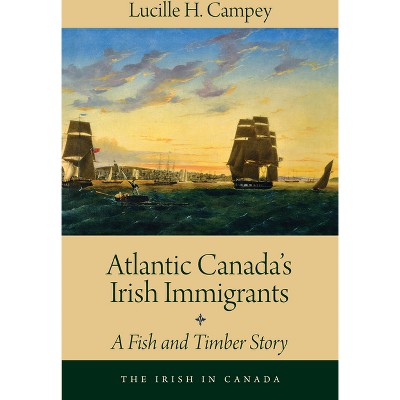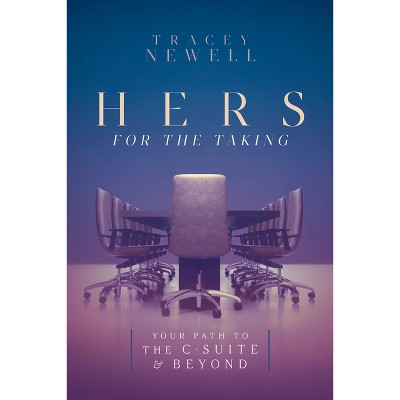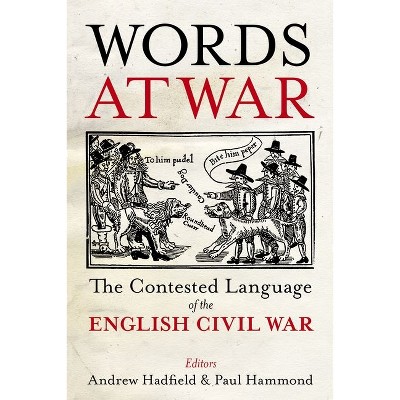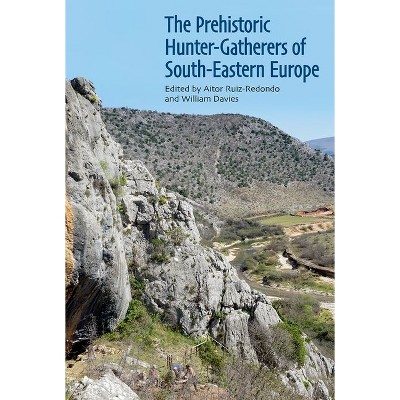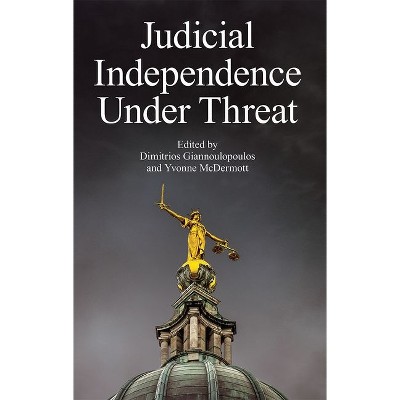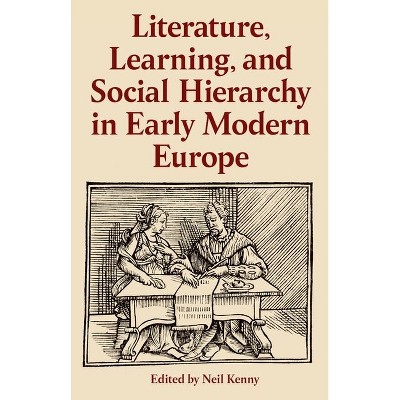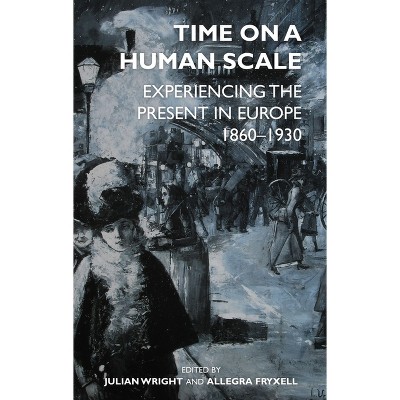Sponsored

Archives and Information in the Early Modern World - (Proceedings of the British Academy) by Kate Peters & Alexandra Walsham & Liesbeth Corens
In Stock
Sponsored
About this item
Highlights
- Investigating the relationship between archives and information in the early modern world, this latest collection of essays edited by Kate Peters, Alexandra Walsham, and Liesbeth Corens explores every aspect of record keeping; from the proliferation of physical documentation between the sixteenth and eighteenth centuries to the implication of archives in patterns of statecraft.Contributors to Archives and Information in the Early Modern World place paper technologies and physical repositories under the microscope, analysing the connections between documentation and geographical distance, probing the part played by record-keeping in administration, governance, and justice, as well as its links with trade, commerce, education, evangelism, and piety.Extending beyond the framework of formal institutions to the family, household, and sect, Archives and Information in the Early Modern World offers fresh insight into the possibilities and constraints of political participation and the nature of human agency.
- About the Author: Kate Peters trained as an archivist in 1988-89 and completed a PhD in History in 1996.
- 350 Pages
- History, Social History
- Series Name: Proceedings of the British Academy
Description
About the Book
This collection of essays explores the history of archives and record keeping across different polities and cultures in the early modern world. With ground-breaking research into the mechanics and personnel of early modern archives, the collection provides invaluable accounts of the history of keeping historical records.Book Synopsis
Investigating the relationship between archives and information in the early modern world, this latest collection of essays edited by Kate Peters, Alexandra Walsham, and Liesbeth Corens explores every aspect of record keeping; from the proliferation of physical documentation between the sixteenth and eighteenth centuries to the implication of archives in patterns of statecraft.
Contributors to Archives and Information in the Early Modern World place paper technologies and physical repositories under the microscope, analysing the connections between documentation and geographical distance, probing the part played by record-keeping in administration, governance, and justice, as well as its links with trade, commerce, education, evangelism, and piety.
Extending beyond the framework of formal institutions to the family, household, and sect, Archives and Information in the Early Modern World offers fresh insight into the possibilities and constraints of political participation and the nature of human agency. It deepens our understanding of the role of archives in the construction and preservation of knowledge and the exercise of power in its broadest sense, calling for greater dialogue and creative collaboration to breach the lingering disciplinary divide between historians and archival scientists.
Review Quotes
...the three editors of this volume and the contributors offer us a splendid volume indeed that is a pleasure to read. The contributors include most historians and archivists who have made a discernible impact on the history of the early modern archive in Europe...Overall, this is a fascinating book for anyone interested in archives or early modern Europe, and has several excellent chapters that can be used for teaching.-- "Konrad Hirschler, Freie Universität Berlin, European History Quarterly"
an interesting read and would be excellent for students of both history and archives-- "New England Archivists"
it should be on the reading list of every student interested in the history of archives. Taken together with similar developments in the history of paper, diplomatic letterwriting, the news, and court history, these contributions promise to turn a history of text-as-discourse into a social history of texts as intellectual, social, and material artifacts.-- "Tom Tölle, Universität Hamburg, Renaissance Quarterly"
This important and highly engaging book goes a long way, at least, to helping us navigate the complex and contested issues which underpin the nature of what we know about the past.-- "Naiel Starza Smith, Library & Information History"
About the Author
Kate Peters trained as an archivist in 1988-89 and completed a PhD in History in 1996. She has lectured in records and archives management at UCL, and in History at Universities of Birmingham and Cambridge. Her first book, Print Culture and the Early Quakers, examined the role of print in the early Quaker movement of the 1650s. She is currently working on the politics of record keeping in the English civil wars.
Alexandra Walsham is a graduate of the Universities of Melbourne and Cambridge. She taught at the University of Exeter for many years before taking up her current appointment at Cambridge. She has published widely on the religious and cultural history of early modern England and her current research, supported by a Leverhulme Major Research Fellowship, explores the intersections between the Reformation and generational change. She is also the Principal Investigator of the AHRC project, 'Remembering the Reformation'. She became a Fellow of the British Academy in 2009 and was made a CBE in 2017. Liesbeth Corens is Career Development Fellow at Keble College, Oxford. She is currently completing a book manuscript on Confessional Mobility and English Catholics in Counter-Reformation Europe for Oxford University Press. Her other project centres on creating counter-archives among Catholic minorities in early modern England and the Netherlands. With Kate Peters and Alexandra Walsham, she co-edited 'The Social History of the Archives: Record-Keeping in Early Modern Europe', Past and Present, supplement 11 (2016).Shipping details
Return details
Trending Non-Fiction







